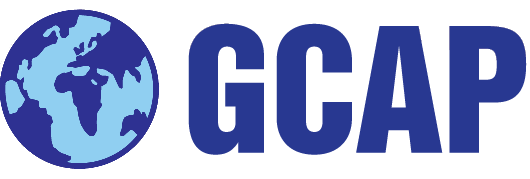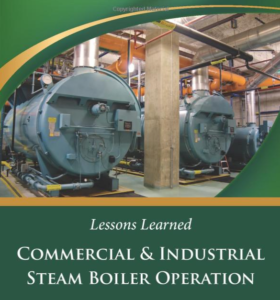Boiler Tech 2 Book:
1. Steam & Boiler Basics
a. The Boiler Operator will learn the fundamentals of a steam system including: Heat transfer basics, expansion rate of water to steam as well as the rules of safe and efficient steam system operation. Operators will examine the differences between hydronic heating systems and industrial steam systems. The course will examine the common problems that may be encountered that impede the thermal efficiency of boilers.
b. The Boiler Operator will learn boiler types and construction as well as applicable codes that govern the construction, installation and maintenance of boilers. The class will address the different operational fundamentals of Firetube, Watertube, and Forced-Circulation Watertube boilers as well as the advantages and disadvantages of the different types of boilers.
2. Boiler Controls & Safeties
a. The Boiler Operator will learn the different control and safety devices that are typically found on boilers. The course will focus on the operational fundamentals of these controls and safeties, how they communicate with the Burner Management System and the importance of maintaining these controls and safeties in proper working order. The course will address pressure controls, temperature controls, combustion air controls, water level controls and much more.
3. Burner Types, Components & Controls
a. The Boiler Operator will learn the different types of burners that are typically found on boilers along with the control strategies associated with the different types of burners. Emphasis will be placed on proper burner maintenance and the effects of improper maintenance.
b. The Operator will learn the various components and functions of fuel train components. The class will address common problems associated with fuel train components and ways of resolving those problems. A focus will be placed on proper maintenance of the fuel train.
c. The Boiler Operator will learn the functions of the Burner Management System, the code specified start-up sequence for the burner and how the BMS supervises the safe operation of the burner. Troubleshooting of the BMS will also be discussed.
4. Combustion Analysis & Fuel Efficiency
a. Boiler Operators will learn the different types of fuels used, the chemical properties of fuels as well as the different ways that fuels are refined. The principles of combustion will be discussed deeply including: Air-Fuel Ratio, combustion chemistry and the affects of improper combustion chemistry.
b. The class will address the role of Time, Temperature & Turbulence in safe & efficient combustion. The role of time in the combustion process will cover the amount of time that fuel and air have to mix, the velocity of flue gases, time that the flame burns and draft time. Temperature will address flame temperature, flue gas temperature, fuel and combustion air temperature as well as how these things can affect the combustion process.
5. Combustion Testing
a. The Boiler Operator will learn how to perform combustion testing and how to interpret what the readings from a combustion analysis mean. The class will focus on the affects of changes to the combustion process so that the operator understands the consequences of improper tuning. Theoretical air curves for the different types of fuel will be examined as well.
b. Boiler Operators will examine boiler draft and its relevance to combustion safety and efficiency. The class will examine air density and volume as it pertains to combustion. Methods of draft measurement and the different methods of providing draft will be discussed.
6. Combustion & Environmental Concerns
a. The Boiler Operator will learn what environmental pollutants result from the combustion process and the different methods of reducing or eliminating those pollutants. The class will focus heavily on how NOₓ is formed during the combustion process and the current EPA regulations regarding NOₓ. NOₓ reduction methods will be discussed including Selective Catalyst Reduction, Non-Selective Catalyst Reduction, Flue Gas Recirculation and types of Low-NOₓ burners and their operation.
7. Carbon Monoxide Safety
a. The Boiler Operator will learn what causes the formation of Carbon Monoxide along with health and safety concerns of Carbon Monoxide. Methods of Carbon Monoxide monitoring and exposure limits will be discussed.
8. Water Treatment
a. The Boiler Operator should understand the importance of water quality and the affects that poor water treatment can have on the boiler and boiler performance. Different methods of oxygen removal will be addressed. The class will also examine the affects of poor water quality and different strategies to improve water quality.
9. Boiler Maintenance & Inspections
a. The Boiler Operator will learn the importance of proper boiler maintenance. An emphasis will be placed upon proper inspection and testing of all critical controls and safeties of the boiler and burner. Inspection and testing procedures will be discussed along with acceptable test results. Annual Inspections and preparation for these inspections will also be discussed.


